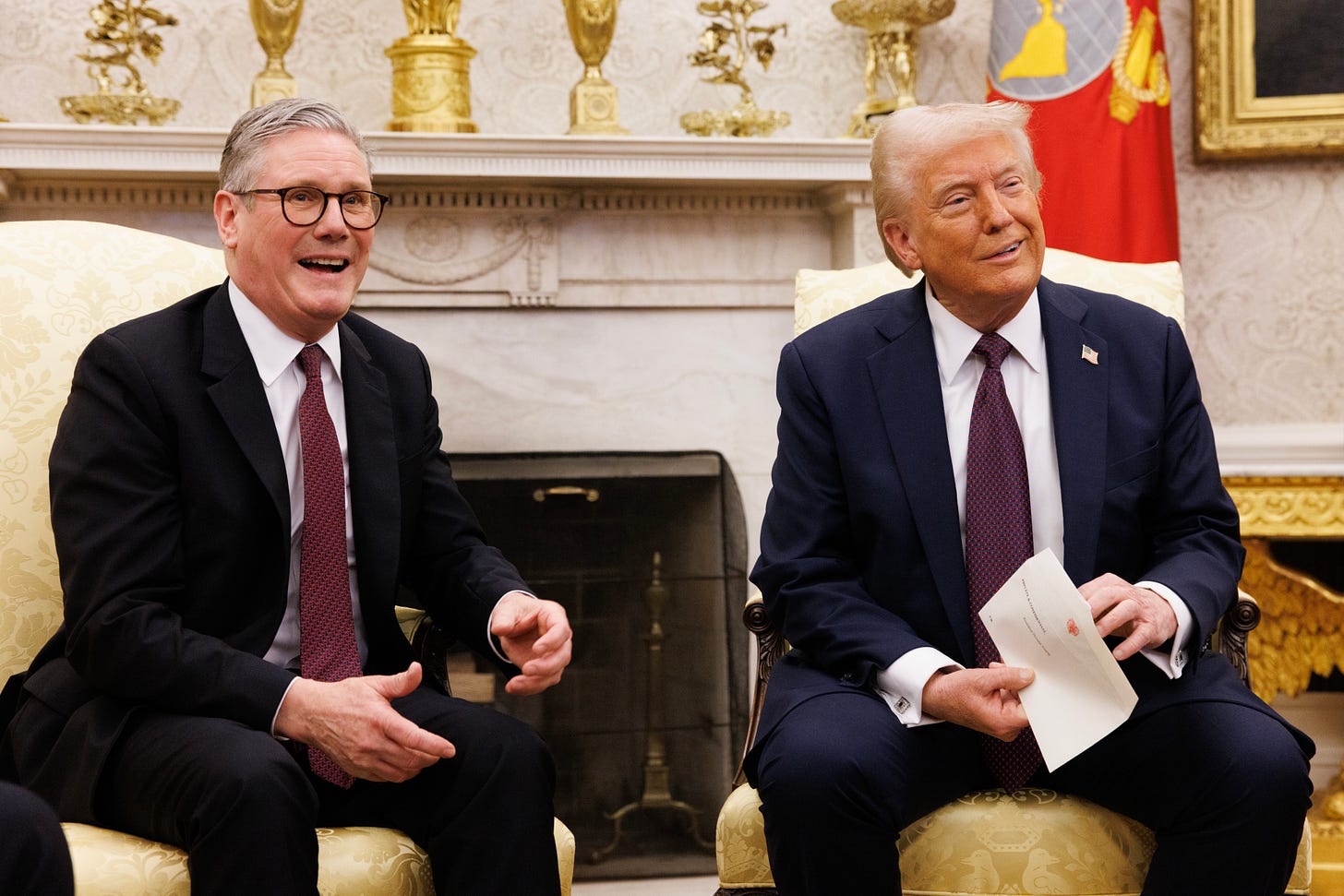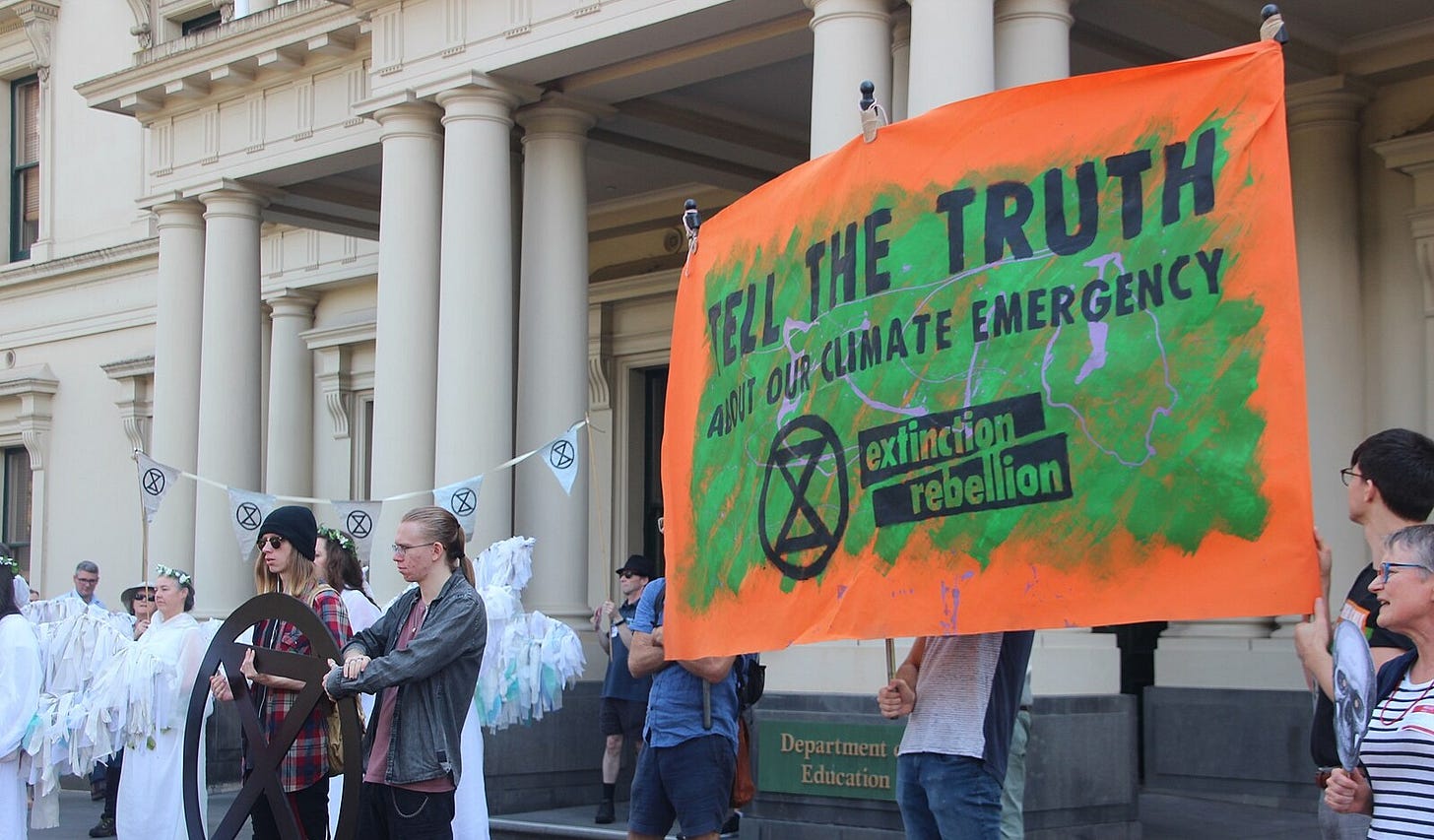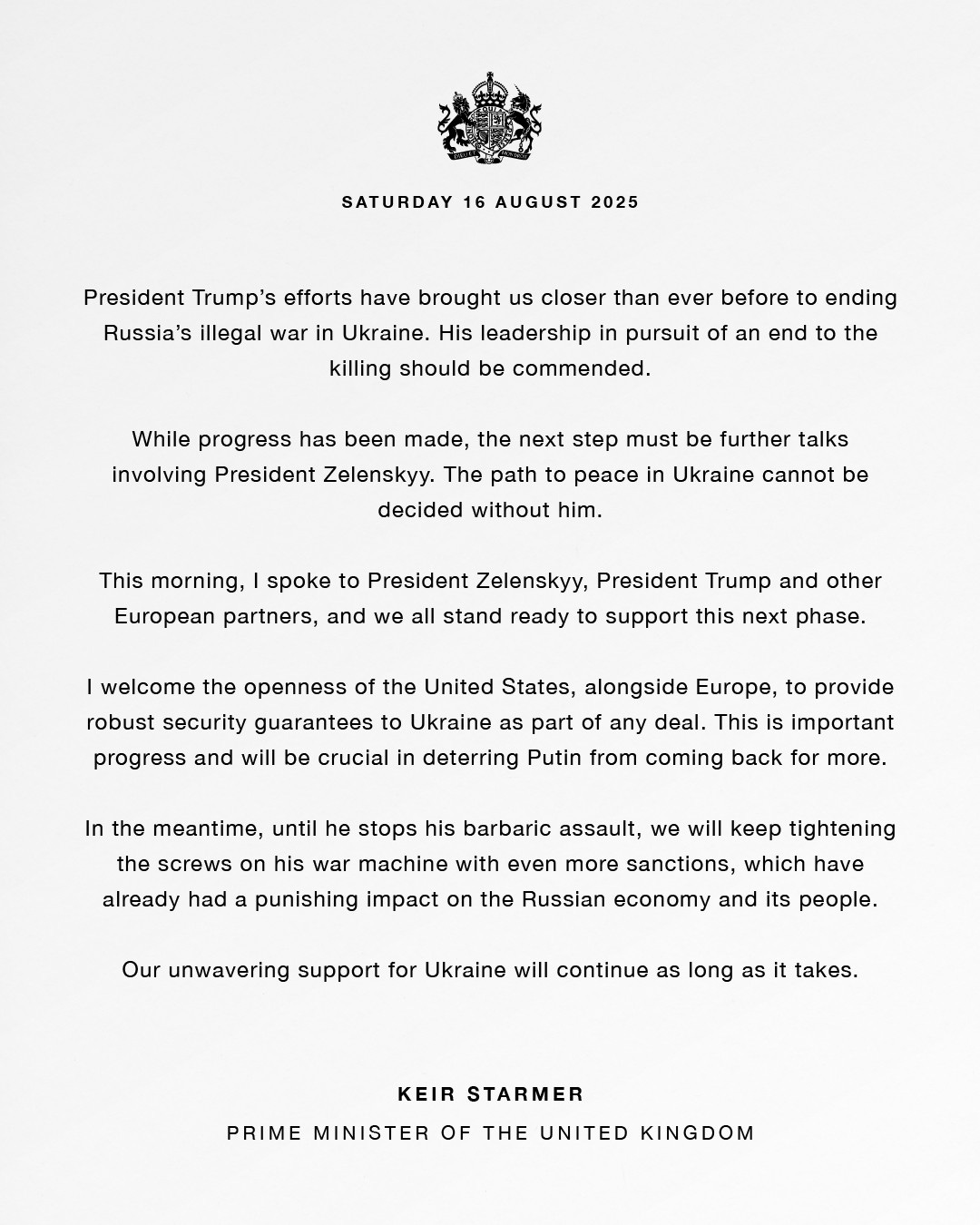Humiliation for a purpose
Starmer is right to praise Trump — but only if it's to buy time
“You should always tell the truth.” “Honesty is the best policy.” Adults are forever throwing these sorts of sayings at children, and for good reason. Truthfulness helps young people build trust, develop a moral compass and take personal responsibility. It is also critical for their personal safety.
Children are prone to manipulation and therefore exceptionally vulnerable. Grownups need to know if they are in danger. Of course, if an adult were to go about daily life telling the truth, the whole truth and nothing but the truth, so help them god. My guess is they would struggle, at minimum, to maintain romantic relationships and paid employment.
There is a useful term for those who tell the truth no matter the consequences: moral narcissists. Take a situation where you are friends with a monogamous couple, Jane and Peter1. You discover that Jane is having an affair and you even find yourself having to lie to Peter on her behalf when she claims to have been on a business trip.
You are clearly compromised. And if Peter finds out, he may not only feel betrayed by his wife but also by your disloyalty. Still, that does not necessarily give you the right to blurt out the truth about Jane’s extracurricular activities. As the New York Times ethicist columnist Kwame Anthony Appiah puts it:
“Moral narcissism is about being more concerned with the cleanliness of your hands than with how your conduct shapes the lives around you.”
This same moral tension is playing out on the global stage, where leaders must weigh uncomfortable trade-offs.
First, do no harm
Over the weekend, Britain’s prime minister published a brief statement, following President Donald Trump’s unusual summit with Russia’s Vladimir Putin in Anchorage, Alaska.
It begins with something remarkably close to a lie:
President Trump’s efforts have brought us closer than ever before to ending Russia’s illegal war in Ukraine. His leadership in pursuit of an end to the killing should be commended.
As if Trump and Putin were holding a G7-style peace conference rather than a performative show of alignment between two authoritarian leaders. Of course, this is far from the first time Starmer has engaged in such diplomatic contortions. Mere hours after the calamitous (and highly orchestrated) Oval Office bust-up between Trump and Ukrainian President Volodymyr Zelenskyy, Starmer declared: “I do not accept that the US is an unreliable ally.”
I referenced that answer in the first-ever edition of Lines To Take back in March, when I suggested2 this was “one of those times when the prime minister did his job by not telling the truth.” Almost six months have passed and the prime minister is still doing the right thing. That is because, bluntly, he has no choice. Britain’s security still runs through the US. It will take a decade and hundreds of billions of pounds to change that. So the work must begin now.
Because there is no going back. Should there continue to be somewhat free and fair elections in America, the Republican candidate for president will be at best indifferent if not actively hostile to Europe and the rules-based global order. Regardless, we can expect tens of thousands of US troops to be withdrawn from the continent before 2028. Meanwhile, a theoretical President Newsom, Beshear or Ocasio-Cortez is unlikely to reverse such a decision.
Consequently, Starmer (alongside his European allies) must do what his predecessors conspicuously refused to do during Trump I and the Biden interregnum: invest, de-risk and ultimately start the journey to optionality.
Let’s not make the mistake of reducing the position of British prime minister to US tech executive or Ivy League university president. He or she is the leader of a nuclear-armed, permanent member of the UN Security Council with deep reserves of soft power, willing allies and a $3 trillion economy. We can defend ourselves.
In the meantime, there will be more fawning statements, gold-leaf gifts and knee-bending. It is the price of buying time. But if Starmer’s successors are still sending out these sorts of statements, and the UK is still reliant on American defence, technology and finance, then this ritual humiliation will have been for nothing.
I promise not to make a habit of quoting myself





